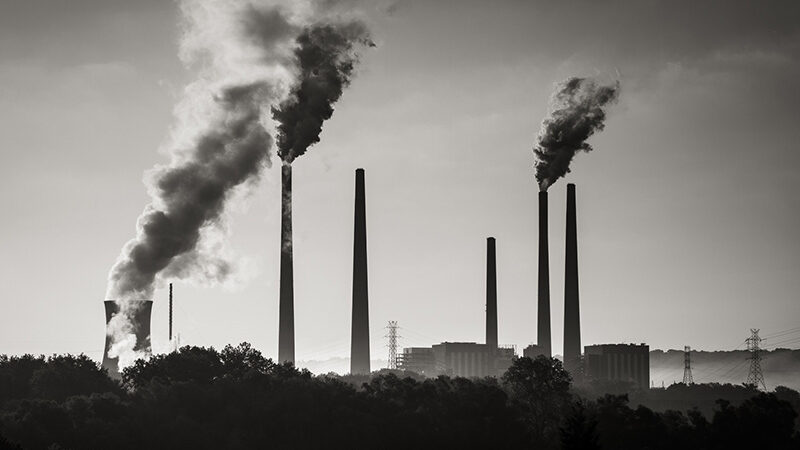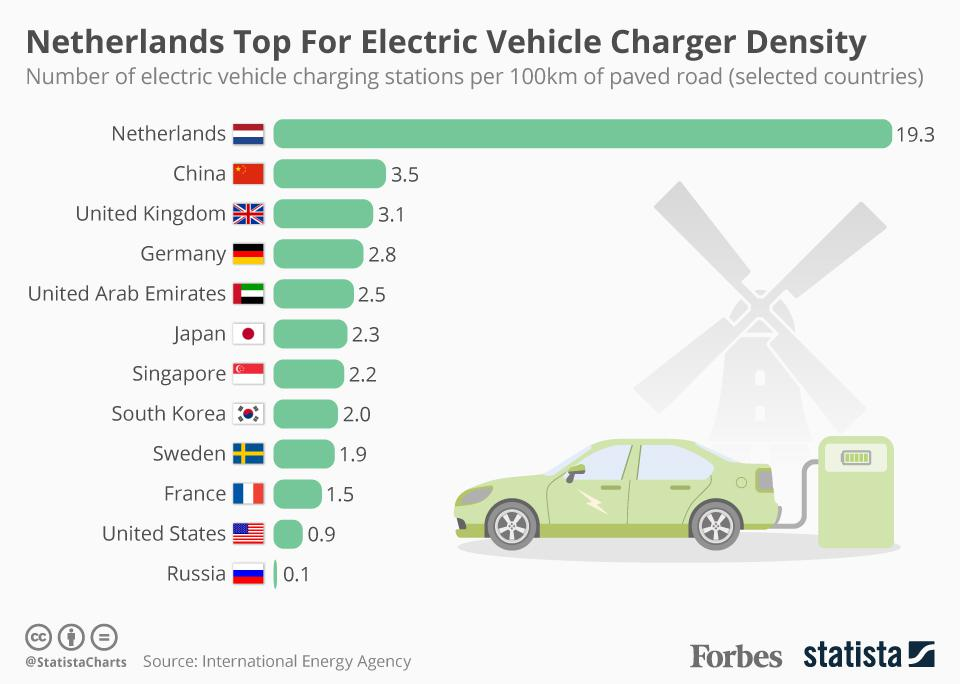The dirty secret of coal plants
Sorry for for the click-bait title. There is not actually a secret, it’s been known for a long time that coal plants emit a lot of dirty substances besides the problem of greenhouse gases. The problem is, it isn’t news, so forgive me for click-baiting you.

What’s problematic is the fact that this has been know for many decades and we still find ourselves unable to wean ourselves off it. In fact, we use more and more coal than ever. Even at incredibly high coal prices. Wholesale electricity prices now bounce between ultra cheap (or even highly negative when the wind blows and sun shines on the weekend) and ultra expensive (when mostly fossil energy is used to meet demand):

Gas is still used used a lot to generate electricity in gas-fired plants. Now that gas prices are elevated due to supply shortages and the desire to be less dependent on imports from Russia, obviously, there’s a push for conserving electricity and generating electricity with renewables. However, during hours when there’s limited supply of renewable energy, coal is often used as the financially more attractive option. With current gas prices and shortages it is used more and more in Europe.

Balkan countries have coal plants that don’t perform proper filtering, so these plants are found to emit 2,5 times the sulphur dioxide than all 221 coal plants in the EU combined. And yes, this exceeding legal limits and no: the EU has yet to mandate closing them.
If you’re in Europe and especially when you use of electricity during peak demand (from 8 to 10am and from 5 to 9pm) this is causing these Balkan coal plants to emit more.
We all tend use more electricity during peak demand, that’s the precise reason why it peaks. Eight percent of the Balkan coal plants’ power is exported to the rest of Europe. This may seem small, but still the SO₂-emissions associated with these imports equal 50 per cent of the entire SO₂-emissions from all power plants in the EU in 2020. In the Netherlands, where I live, coal is primarily imported from Russia. In 2020 it was 43% of coal imports, followed by Colombia with 21% (with also has a dysfunctional democracy). So switching from gas to coal is counterproductive if we want to defund Putin’s war on Ukraine. The war, with over 14 000 casualties so far, would only be compounded with accelerated global warming and additional casualties from pollution. Sadly, this is actually quite significant. The health impacts of the emissions alone from the out-of-compliance Balkan power plants are staggering:
Out of a total of 19,000 deaths caused by Western Balkan coal plants from 2018 to 2020, the total
Source: ComplyOrClose.org
number of deaths during this period caused by exceedances of NERP ceilings was nearly 12,000.
Especially staggering is the elevated rate of infant mortality (4%) in affected areas resulting from PM2,5 fine particles from these plants.
Thanks to its high rate of extraction of fossil gas, the Netherlands has the dubious title of having the “Dutch Disease” named after it. It was coined as an example of industries shrinking (in our case: manufacturing) as a result of the (more attractive) extraction of methane from Groningen’s gas field. But now we restricting output, we simply started relying more on coal and on importing much more expensive gas from other regimes that also have the Dutch Disease.
Most people are aware that fossil power plants emit CO₂ and water vapor. What many people don’t know is that coal plants not only produce double the amount of CO₂ compared to natural gas (mostly methane), but it emits hazardous and highly problematic amounts of other pollutants:
- Mercury and lead. Just trace amounts cause problems with the nervous system.
- Cadmium. Builds up in animals that are consumed by humans, causing cancer among many other diseases. Trace amounts of exposure are hazardous.
- Sulfur Dioxide (SO₂). A pollutant that causes acid rain and is a hazard to human and other biological life.
- Nitrous Oxides. Not just a greenhouse gas but also a health hazard.
- Volatile Organic Compounds
- Arsenic
Almost half of the mercury emissions in the US are a result of coal plants. Lead, mercury and cadmium are heavy metals that are harmful to human and most other forms of life. However, we are not really aware of the magnitude of this problem. This well-researched video by Veratasium shows the dangers of lead and how we were unable to ban it fully at the fuel pump until just a few years ago:
This only shows that governments (globally) have a poor track-record of protecting its citizens, even if the science is sound and also without a need for conspiracies. It’s not unique to allowing gasoline to be leaded. There are countless examples: whether it’s the risk of a meltdown in Fukushima, BP ignoring warnings at the Deep Water Horizon drilling rig, allowing leaded gasoline, increased pathogens risk from the meat industry, permitting the sale of tobacco, etc. We want our electricity to be cheap, we want our vehicle engine’s to have good performance, eat our meat and we want to enjoy certain vices (or perhaps more appropriate: we’re susceptible to addictions).
It should also not be surprising: Industries that benefit from unpriced externalities have too much of an influence on politics. Industry influences election results, it can even be a viable strategy to destabilize and arm a corrupt regime so resources can be extracted cheaply (a true humanitarian disaster). But we know industry in the end works on our behalf, since every producer needs a consumer to exist. We so we have an influence on whose products we consume.
- Consuming less electricity.
- Lower the thermostat. Lowering it by 1° Celsius already lowers gas usage by about 9%.
- Apply the 6 R’s: Refuse, reduce, reuse, repair, repurpose and recycle.
- Eating more/mostly plant based food. Take on the Veggie Challenge here!
- Use your voting power with a focus on a green and equitable society.
- Driving an electric vehicle (or use public transportation more).
There’s no country with a higher density Electric Vehicle charging infrastructure than the Netherlands:
With 28% of new cars sold in the Netherlands now being fully electric or plug-in hybrid vehicles, the Netherlands and Norway are leading the revolution of electrification. Demand is actually higher, but the supply of battery minerals and the production capacity of battery cells is restricting its output.
That’s why I’m personally so passionate about Stekker.app, the company that I co-founded. By making driving an electric car more affordable (users have reported of up to a thousand euros per year simply by using our app) it becomes more attractive to drive an electric car. Driving an electric vehicle is already less dirty than driving a fossil fuel powered car, but the energy used when using Stekker.app is also more and more often 100% solar or wind powered.

The indirect emissions that electric vehicles cause, instantly becomes between 20 and 60% smaller. Also, we use the existing batteries that are already produced to stabilize the grid and create more room for renewables, because the generation during peaks of solar and wind would otherwise have to be curtailed. This way, solar PV and wind turbines don’t have to rely on subsidies, costs that are now recovered as part of electricity rates through increased energy taxes. So who doesn’t want our air to be cleaner, global warming to be curbed, mobility to be more affordable and countries to be more self-sufficient?
Here’s an example where Stekker.app scheduled charging to earn you 10 euro’s on a single charging session instead of it costing around 10 euros:
These zero or negative wholesale rates didn’t exist a few years ago and are becoming increasingly common, now around 10 hours per month, usually someone on the weekend. The best thing about it is that it means you’re charging on solar power that would otherwise be wasted and saving lots of money and there’s no need to charge using the coal plant later in the day.
For me, personally, it doesn’t get any better than this: to make a living enabling the individual’s best interest to better aligns with society’s best interest.
Recente reacties